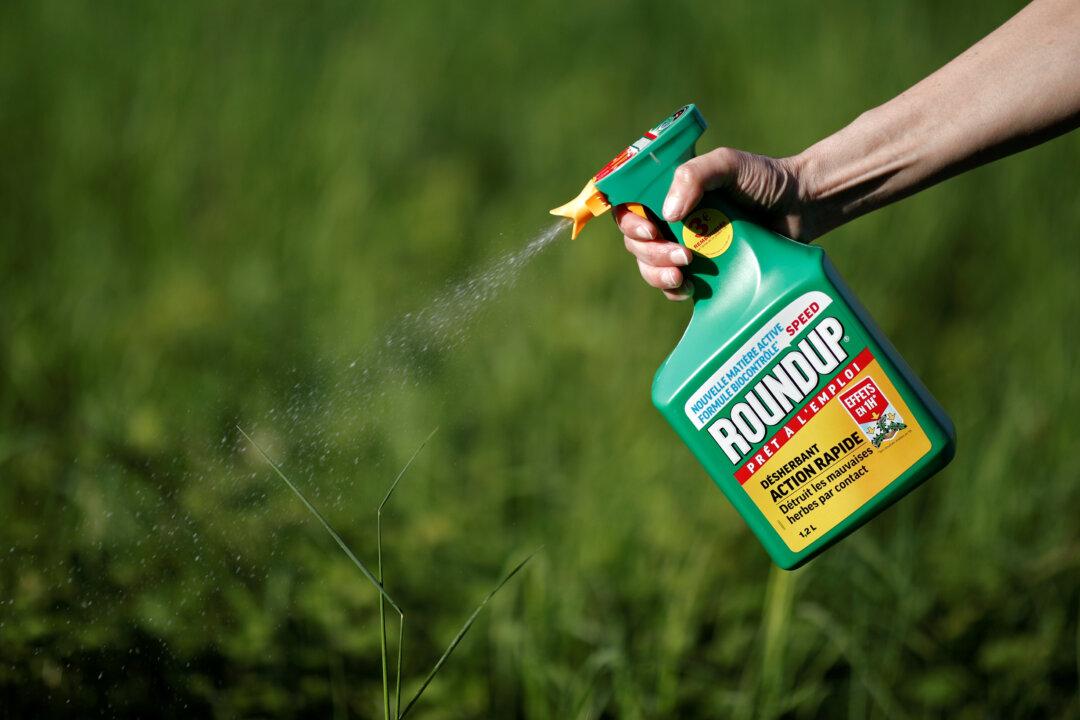A coalition of 54 agriculture groups is urging the Biden administration to drop its support for allowing states to impose their own warning labels—in addition to federal labels—on consumer products.
The request came after U.S. Solicitor General Elizabeth Prelogar asked the Supreme Court to refrain from taking up an herbicide liability case known as Monsanto Co. v. Hardeman, court file 21-241.





